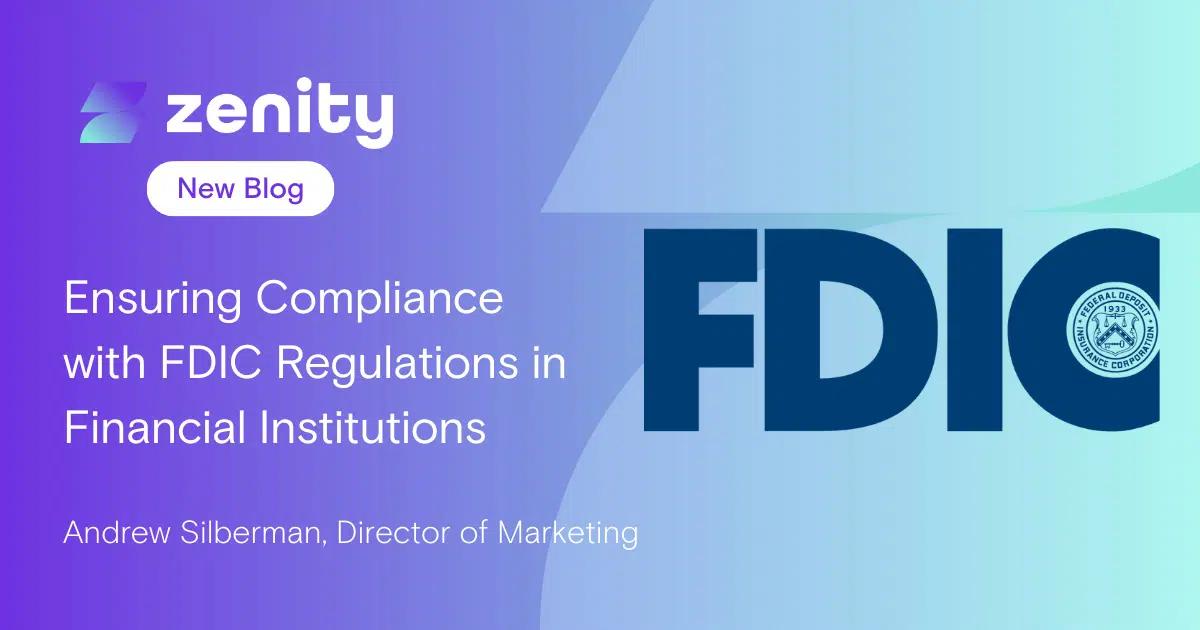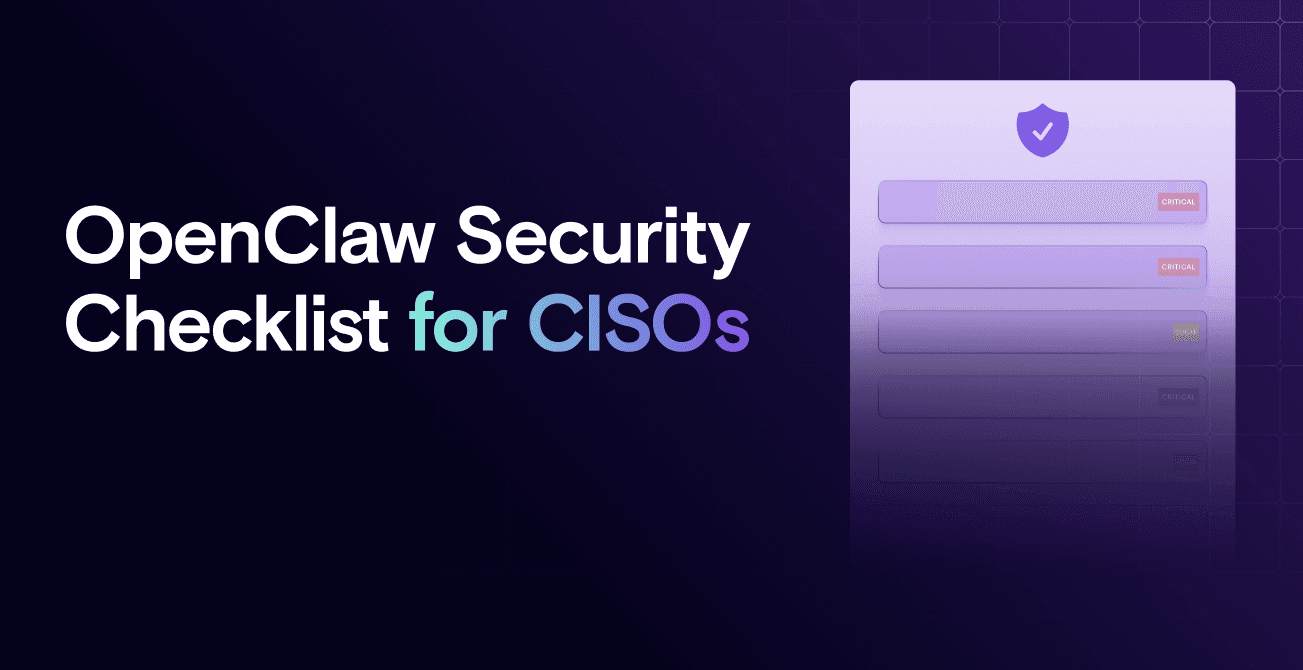Ensuring Compliance with FDIC Regulations in Financial Institutions

Introduction
Financial institutions must adhere to stringent regulations set forth by the Federal Deposit Insurance Corporation (FDIC) to ensure the security and confidentiality of customer information. Title 12, Chapter 3, Subchapter B, Part 364 of the Code of Federal Regulations is particularly important, outlining the standards for information security that these institutions must follow, especially regarding the handling of customer information and data.
The Importance of FDIC Regulations
The FDIC regulations are crucial for financial services organizations as they provide a framework to protect customer information from unauthorized access and potential breaches. These regulations mandate that institutions implement robust security measures to safeguard sensitive data, ensuring customer trust and compliance with federal laws.
Relevant FDIC Regulations for Cybersecurity
Many parts are highly relevant for cybersecurity, but this blog will examine the following parts of the FDIC regulations that are acutely relevant:
- Security and Confidentiality of Customer Information: Institutions must ensure that customer information is secure and confidential, protecting it from unauthorized access.
- Protection Against Threats: Financial institutions must protect against anticipated threats or hazards to the security or integrity of customer information.
Challenges of Low-Code Development and Enterprise Copilots
The rise of low-code development platforms and enterprise copilots presents significant challenges for Governance, Risk, and Compliance (GRC) and security teams:
- Increased Attack Surface: With enterprises creating thousands of apps, copilots, and bots, many of which access sensitive data, the attack surface expands significantly.
- Lack of Guardrails: Business users with varying technical backgrounds can build apps and process data without proper security controls, leading to potential misconfigurations and vulnerabilities.
- Undetectable by Traditional Tools: These apps often bypass traditional code scanning and CI/CD pipeline tools, making it difficult for security teams to detect and secure them.
- Authentication Issues: Many low-code apps lack proper authentication mechanisms, increasing the risk of unauthorized access.
Ensuring Security and Confidentiality
To meet FDIC regulations, financial institutions must implement robust security measures that integrate seamlessly with low-code development platforms and enterprise copilots. This includes:
- Continuous Monitoring: Keeping an inventory of all apps, copilots, and bots, and monitoring their data access patterns to detect anomalies.
- Access Controls: Ensuring that only authorized personnel can access sensitive information through proper authentication and authorization mechanisms.
- Threat Detection and Mitigation: Employing real-time threat detection, automated risk assessments, and proactive vulnerability management to protect against internal and external threats.
Risk Assessment and Management
Meeting FDIC mandates also involves conducting continuous risk assessments to identify and evaluate potential threats to customer information. Financial institutions must ensure that access controls are in place to prevent unauthorized access and that any detected vulnerabilities are promptly remediated.
Conclusion
Maintaining FDIC compliance is essential for financial institutions to protect customer information and maintain compliance. By implementing comprehensive security measures, conducting continuous risk assessments, and addressing the challenges posed by low-code development and enterprise copilots, financial institutions can safeguard their customers’ data and uphold their trust. Be sure to check out the Zenity solution brief that dives deeper into how we are currently helping our financial services customers meet and uphold FDIC mandates!
All ArticlesRelated blog posts

Governing Agentic AI: A Practical Framework for the Enterprise
In my previous piece, "The Agentic AI Governance Blind Spot," I laid out what I believe is one of the most critical...

OpenClaw Security Checklist for CISOs: Securing the New Agent Attack Surface
OpenClaw exposes a fundamental misalignment between how traditional enterprise security is designed and how AI...

The Agentic AI Governance Blind Spot: Why the Leading Frameworks Are Already Outdated
Approach any security, technology and business leader and they will stress the importance of governance to you....
Secure Your Agents
We’d love to chat with you about how your team can secure and govern AI Agents everywhere.
Get a Demo